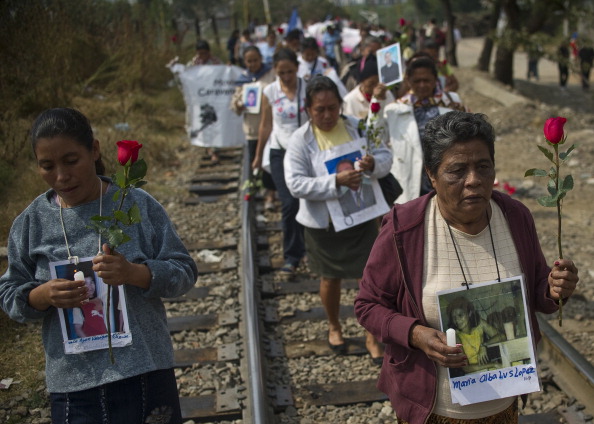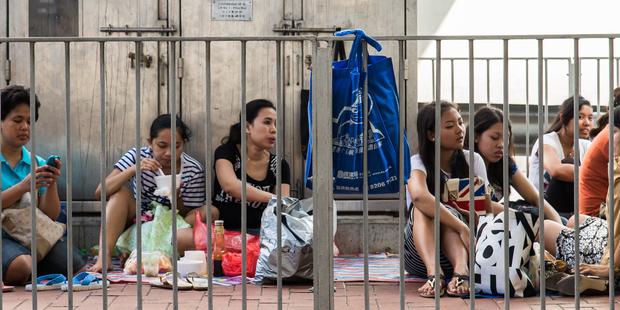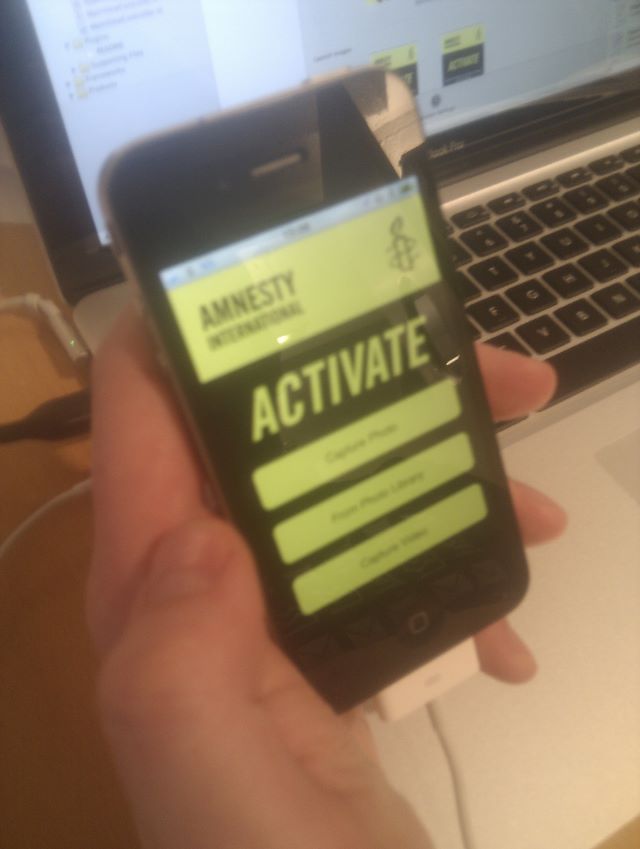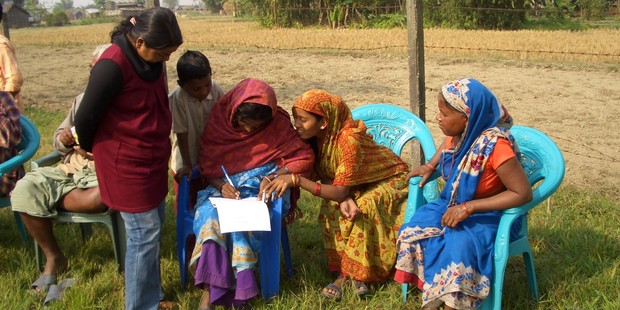By Amalia Greenberg Delgado, Immigrants’ Rights Coordinator
“You don’t imagine that your dreams can end in a moment on this journey… he [the soldier] pulled me by the hand and told me to walk further into the bushes. He took me far away from the train tracks until we were completely alone. He told me to take my clothes off so that he could see if I was carrying drugs. He said that if I did what he said he would let me go.”
Margarita (not her real name), a 27-year-old Salvadoran migrant, describing how she was sexually abused by a soldier, Amnesty International interview, June 2009.
Every year, tens of thousands of women, men and children travel without legal permission through Mexico to reach the United States. They flee poverty, war, environmental disasters and are enticed by a promise of freedom and a chance to join their families in the North. Some disappear on the journey without trace, kidnapped and killed, robbed and assaulted or sometimes falling or thrown off speeding trains. Some suffer arbitrary detention and extortion by public officials along the way. The litany of abuses and repeated attempts to reach the United States are testaments to the determination migrants have to build a better life.
At the Annual General Meeting (AGM) this past Saturday, March 19, 2011, Amnesty International USA heard from leaders in the movement about increased human rights abuses of migrants on both sides of the United States’ southern border. Father Solalinde, a human rights defender and director of a migrants’ shelter in Oaxaca, spoke of the “globalization of love” and the absolute right to dignity that must be afforded to all human beings. His soft spoken words did not lessen the blows of his words as he reminded us of the struggles that migrants face.
SEE THE REST OF THIS POST





